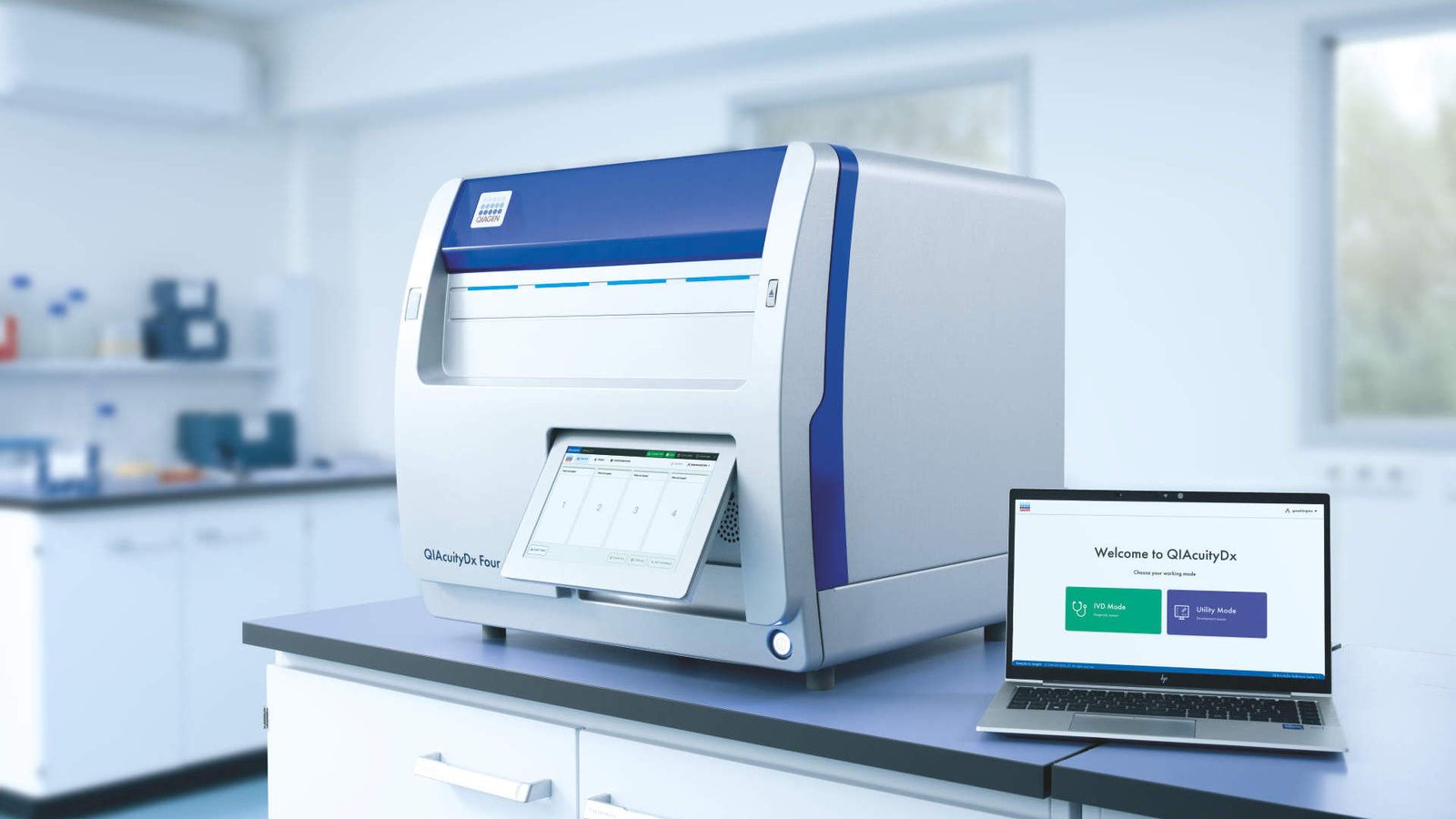
QIAGEN today announced the inclusion of the QIAcuityDx digital PCR System in the Australian Register of Therapeutic Goods (ARTG). This pivotal addition to QIAGEN’s portfolio is now expanding digital PCR into clinical diagnostics, enabling labs to harness its precision and efficiency for applications in oncology and infectious diseases. The instrument and accessories are IVDR-certified.
QIAcuityDx can streamline clinical oncology testing by providing highly precise, absolute quantitation of target DNA and RNA, supporting applications with less invasive liquid biopsies. These capabilities make it an ideal tool for monitoring cancer progression and complementing routine cancer diagnoses, which are typically performed using Next Generation Sequencing (NGS).
QIAGEN plans to expand the menu on the QIAcuityDx-System with a new BCR::ABL assay for
oncohaematology in late 2025. The platform offers immediate access to QIAGEN’s full range of research use products via GeneGlobe. Additionally, QIAGEN has partnered with three pharmaceutical companies to develop companion diagnostics on QIAcuityDx, advancing digital PCR into precision medicine. Future assay developments will include collaborations with third parties creating their own assays for the platform.
“QIAcuityDx allows our users in infectious diseases and clinical oncology to have access to an all-in-one digital PCR system that uses consumables that comply with strict regulatory standards. Our goal is to give regional laboratories the flexibility to monitor cancer patients locally,” said Piers Murray, Head of Sales for Australia & New Zealand at QIAGEN.
The QIAcuityDx platform is an IVD medical device that integrates partitioning, thermocycling, and imaging into a streamlined 5-plex workflow within a single instrument, eliminating the need for additional equipment. Capable of processing up to four nanoplates simultaneously, it reduces lab space requirements, servicing needs, and operator time. Labs familiar with QIAcuity can expect the same easy and fast nanoplate-based workflow, which disperses a sample into thousands of tiny partitions and then reads reactions simultaneously to quantify even the faintest signals from DNA and RNA.